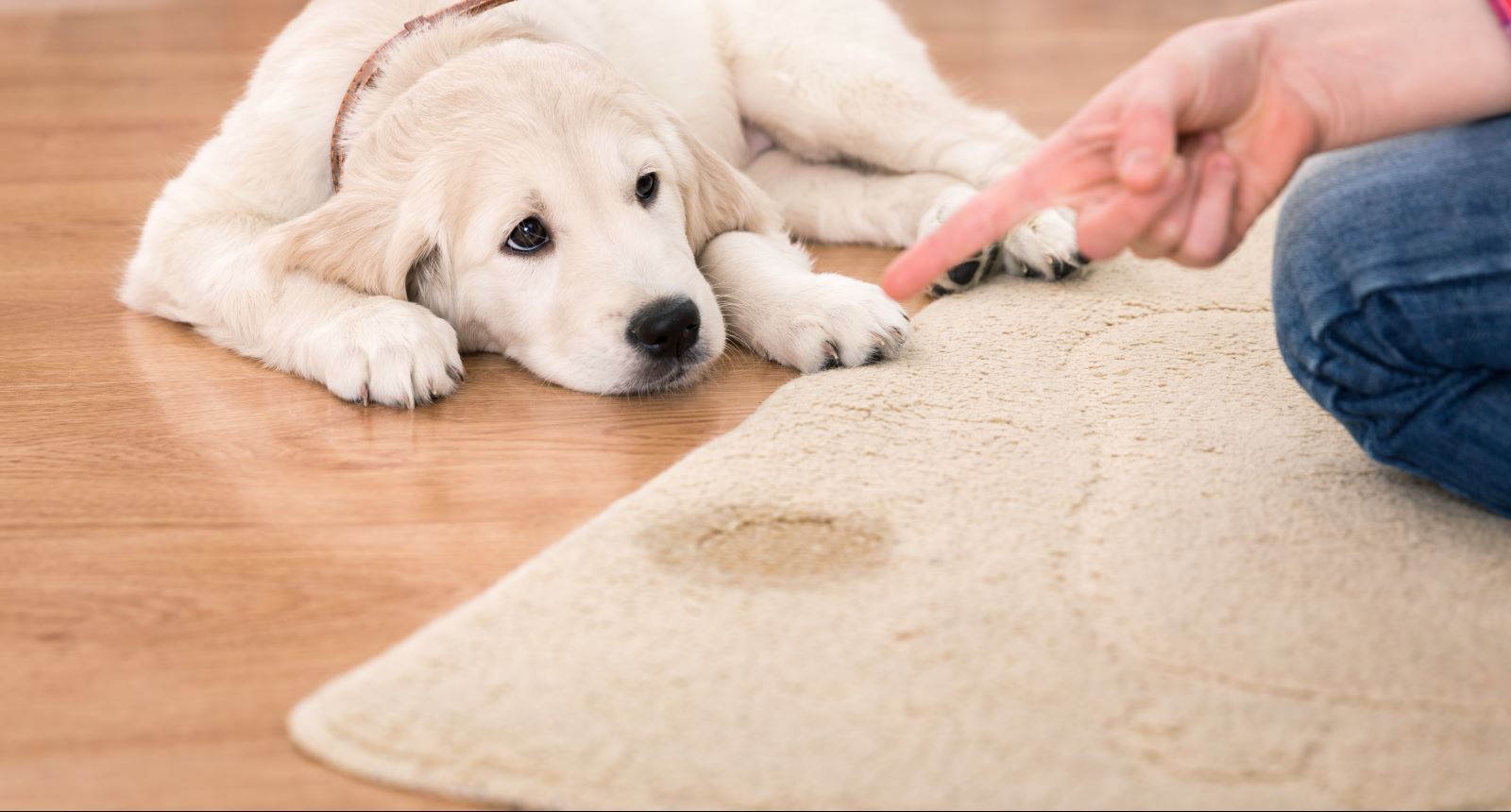<< Back
9 Causes of Frequent Urination

July 11, 2023
Does your bathroom seem to have a revolving door? There could be a reason for your frequent urination.
“Urinary frequency can often increase slowly so we don’t notice it, but it’s too frequent if it impacts your quality of life or dictates behavior,” says Dmitry Volkin, MD, a urologist with Hartford HealthCare’s Tallwood Urology & Kidney Institute in Waterford.
Here are nine medical reasons that you might be peeing more often.
1. Urinary tract infection (UTI)
Urinating more – with fever, urgency or pain – can be a sign a bacterial infection is irritating your bladder lining. You might feel you need to go when there’s as little as an ounce of urine inside, and urinating often doesn’t relieve the sensation you need to go, says Dr. Volkin. Medication typically helps.
2. Enlarged prostate
When enlarged, this organ presses against and blocks the tube carrying urine out of the body. This causes the bladder to become “overactive” and send you to the bathroom even if there’s not much urine.
> Related: 7 Ways to Lower Your Risk of Prostate Cancer
3. Pregnancy
Hormonal shifts early in pregnancy cause women to pee often, he says. As the pregnancy progresses and the uterus grows, this can leave less space for the bladder to fill.
4. Diabetes
An early sign of type 1 and 2 diabetes is needing to go more often and passing more urine. When sugar in the blood gets to a certain point, Dr. Volkin says it exceeds the kidneys’ filtering capacity and spills into the urine. This pulls more water from tissues into the urine, causing excessive urination. It also leaves you dehydrated and wanting to drink more.
> Related: These 3 Drinks Help Keep Your Blood Sugar Balanced
5. Diuretics
One side effect of this medication, prescribed for high blood pressure or fluid retention, is frequent urination. If you take one, try limiting other beverages and water-rich foods.
6. Stroke or a neurologic condition
Urination is a complicated reflex involving the brain, spinal cord and bladder. All must work properly for normal urination. The brain typically suppresses bladder contraction, Dr. Volkin says, but it may stop after a stroke, causing uninhibited bladder contractions, frequent urination or incontinence. This is true of other neurologic conditions affecting the brain or spinal cord, such as multiple sclerosis, Parkinson’s disease and spinal cord injury. Neurologic conditions can cause many forms of bladder dysfunction, but a urologist can help.
> Want more health news? Text StartHere to 85209 to sign up for text alerts
7. Anxiety
While the exact cause is unclear, many believe anxiety causes muscles to tighten, including in the pelvis, making you feel the need to urinate. Chemical or hormonal changes when stressed can also result in urgency. The best remedy, Dr. Volkin says, is managing anxiety through stress reduction, meditation or relaxation techniques. A multi-disciplinary approach can target and alleviate sources of anxiety.
8. Overactive bladder syndrome
This common condition, often with no known cause, can cause frequent and urgent urination, and incontinence. Treatment can include dietary and lifestyle modification, weight loss, pelvic floor exercises, medication and procedures. If it’s caused by another medical condition, symptoms improve when that is addressed, Dr. Volkin says.
9. Interstitial cystitis
This condition causes pain or pelvic discomfort when the bladder fills and can be associated with frequent or urgent need to urinate. The cause is thought to be defects in the bladder lining that allow substances in urine to irritate the bladder wall, Dr. Volkin explains. There are many ways to treat interstitial cystitis but it is a chronic condition and often requires multiple approaches.
How do I find the cause of frequent peeing?
If you notice a sudden change in the number of bathroom trips, it might be time to see your primary care provider or a urologist.
Symptoms like a burning sensation can help providers identify the cause of your frequent bathroom trips, but a full history and physical examination is needed, Dr. Volkin notes.
“It’s also helpful – and simple – for patients to keep a diary detailing fluid intake and urine output over 24 hours,” Dr. Volkin says. “Sometimes the problem can be fixed or greatly improved with simple changes in daily behaviors.”